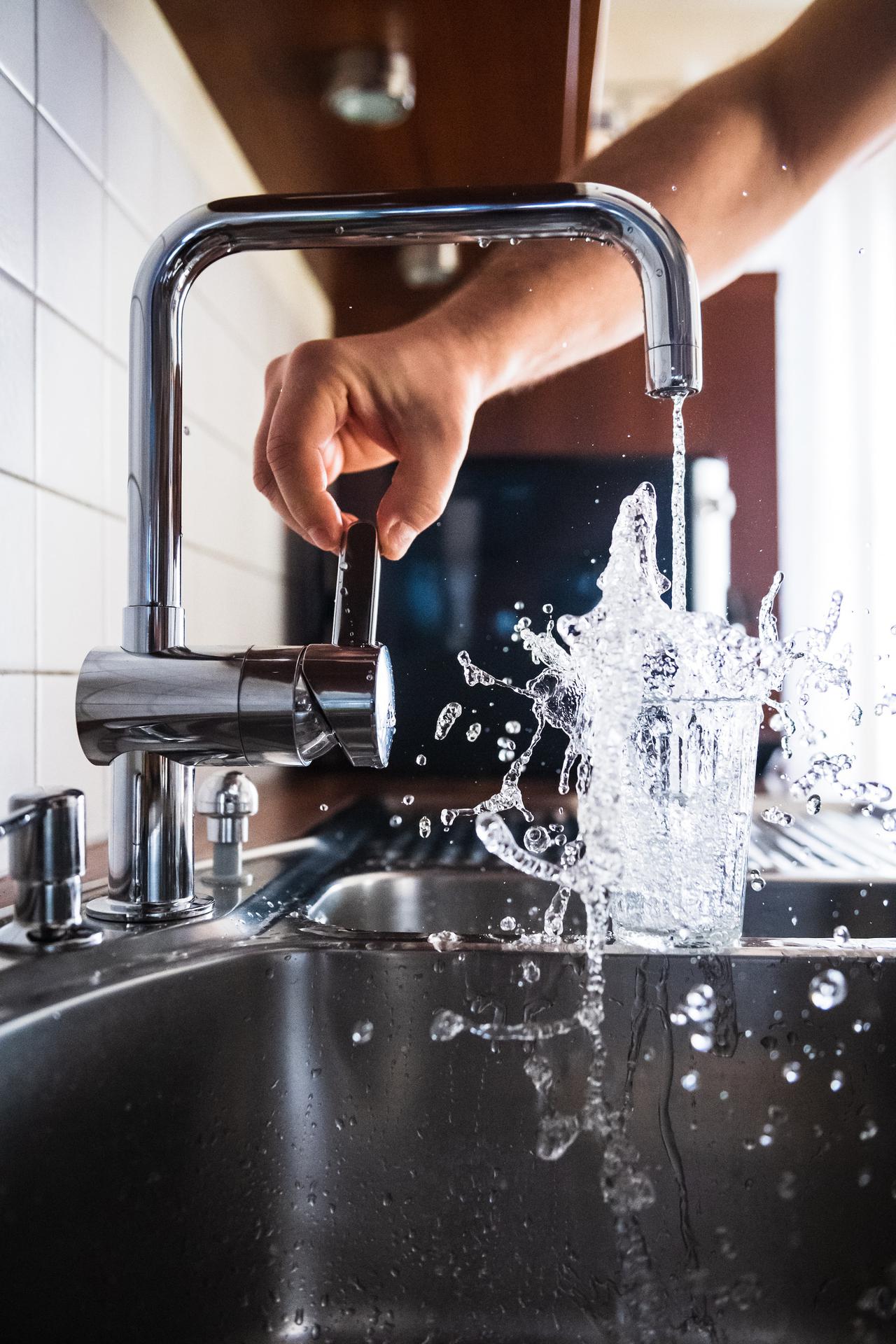A common question local plumbing experts get asked is, “does Long Island have hard water?” Here in the Northeast, the water running through your home isn’t usually one hundred percent pure. Contaminants like chemicals or minerals can infiltrate the water supply, get pumped into your home’s plumbing, and lead to adverse side effects.
While there may not be a definitive answer to the question of “does Long Island have hard water,” there are a few different ways you can figure out if your home does. This guide will show you how to do that and what you can do to treat it.
What is hard water?
Before answering the question of “does Long Island have hard water,” it’s helpful to understand what exactly hard water is first. The simple answer to that is that it’s water that has trace amounts of dissolved minerals, most commonly calcium and magnesium.
While the minerals in the water aren’t toxic to drink, they can cause other problems in your home. Issues like stained sinks and bathtubs, scale buildup on plumbing fixtures, and noticeably dryer skin and hair can occur if your home pumps hard water through its plumbing.
Signs your home has hard water.
You’re noticing mineral buildup.
When you run hard water through your home’s plumbing, some of the minerals found in the water can accumulate on water features, such as sink faucets, toilet bowls, and shower drains. It looks like a gray, or sometimes red or brown, stain, as well as a chalky white residue. If you constantly have to clean these because of the buildup, your home likely has hard water.
Your clothes wear down quickly.
The minerals that make water hard react differently to soap than normal or soft water. When you try to use hard water with soap, you’re left with soap scum because of that reaction, and that can affect your laundry. Rather than using the soap to clean your clothes, the hard water fails to rinse the soap, causing it to increase soil buildup on your clothes. Over time, this causes your clothes to appear dingy and wear down faster.

The water comes out more slowly.
If you pour yourself a glass of water and it trickles out slowly, your home may have hard water that’s causing blockages in your plumbing. As the hard water moves through the pipes, it can leave behind mineral deposits. Over time, those scale deposits can start blocking the water flow, leading to weak water pressure. If you don’t treat the water, it’ll eventually lead to significant plumbing problems.
How should you treat hard water in your home?
If you’re experiencing these types of problems, then you likely know the answer to the question, “does my home in Long Island have hard water?” The next question, then, is, what can you do about it? You’ll need to do something because, as mentioned, if it’s left unchecked, it can lead to more significant problems down the road.
You have a few different options to treat it. Something as simple as lowering the temperature of your water can help. That’s because running hot water inside your heater can lead to hard water stains and mineral buildup. There are also rinse aids and appliance cleaners on the market that help counteract the buildup, but they aren’t long-term or permanent solutions.
One of the most effective ways to treat hard water problems is with a complete home water treatment system. These water purification systems remove the contaminants and give your home water free of solids, minerals, and trace elements.
Fix your home’s hard water problems.
Aqua Doctor has been in the drinking water treatment practice for twelve years, and we have solutions to eliminate all the problems you’re experiencing due to hard water. From our amazing water purification products to our reliable client care, we’re confident we can find a solution tailored to your needs. Learn more about our services online, or contact us for a consultation.
Stay updated on our news and events! Sign up to receive our newsletter.
